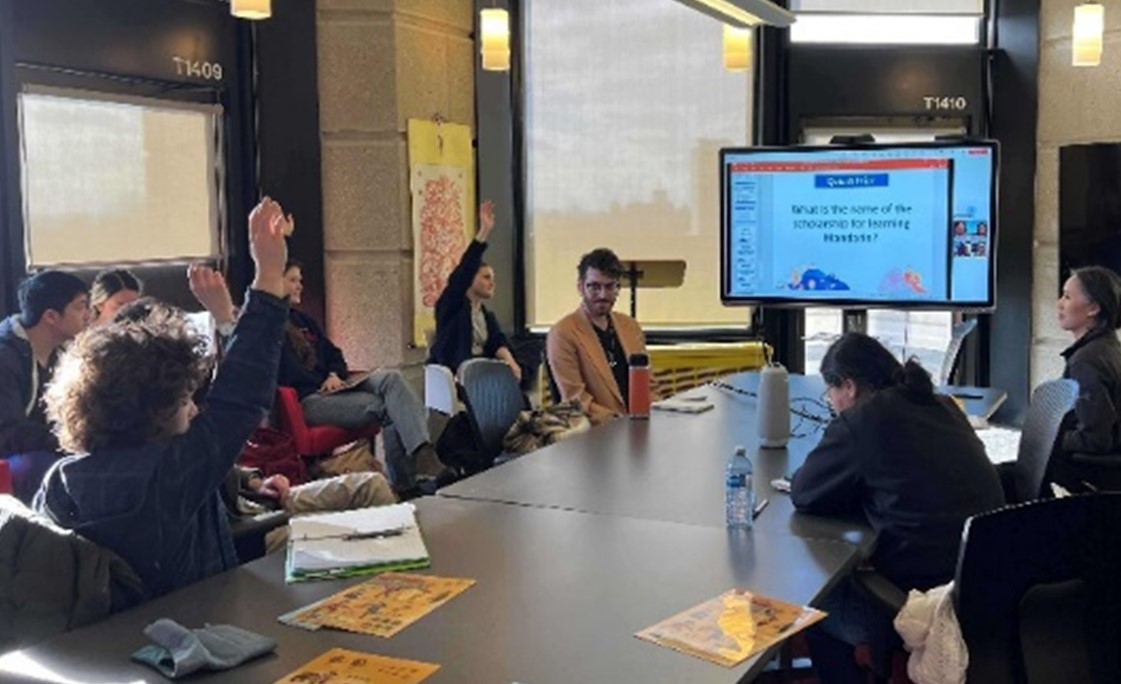Discover Taiwan Info Sessions in Eastern Canada

The Education Division of the Taipei Economic and Cultural Office (TECO) in Canada hosted a series of five Discover Taiwan Info Sessions at universities in eastern Canada in January and February, 2025, with more than 100 students taking part. Tracy Lang, the Director of the Education Division, and Scholarship Administrator Jean Chen provided a comprehensive overview of educational and other opportunities in Taiwan, and government scholarships and research grants available, including Taiwan Scholarships to undertake degrees, Huayu Enrichment Scholarships (HES) for language study, the Short-Term Research Awards (STRA), and the Asia-Pacific Economic Cooperation (APEC) Scholarships. They also gave details of initiatives such as the Test of Chinese as a Foreign Language (TOCFL), the Taiwan Experience Educational Programs (TEEP), the Working Holiday Visa, and the Foreign English Teacher Program (FETP).
The first four sessions—at the University of Ottawa on January 27 (live), at Collège de Maisonneuve on January 30 (live, and online), at Concordia University on February 4 (live, and online), and at the University of Toronto on February 7 (live, and online)—attracted a diverse group of students eager to find out about study and research opportunities in Taiwan. Each of these sessions included interactive components, such as a Quiz segment and prizes, and stressed the value of studying in Taiwan. The final session—held fully online on February 14 at the University of Manitoba—had more than 40 participants, primarily faculty members.
A former HES recipient, Kerrissa Constant, gave students at the University of Ottawa firsthand details of her experience as a language student in Taiwan, and two participants in a Chinese study tour talked about their enriching experiences during the session at Collège de Maisonneuve. Another former HES recipient, Devin Ouellette, provided his personal perspectives on life and academics in Taiwan, along with advice about the HES application process, during the session at University of Toronto.
In addition to presenting details of scholarship opportunities, the discussion in the final session at the University of Manitoba session was broadened to include an in-depth outline of Taiwan’s higher education system, key research centers, the Yushan Fellow Program, the Taiwan Studies Project, the Research Grant for Foreign Scholars in Chinese Studies, and policies that support international academic collaboration between academic institutions in Taiwan and in Canada.
The participants in all the sessions were very engaged, demonstrating a strong interest in Taiwan’s academic environment and Taiwan’s culture. They posed thoughtful questions and gained a better awareness of the many study and research opportunities available.